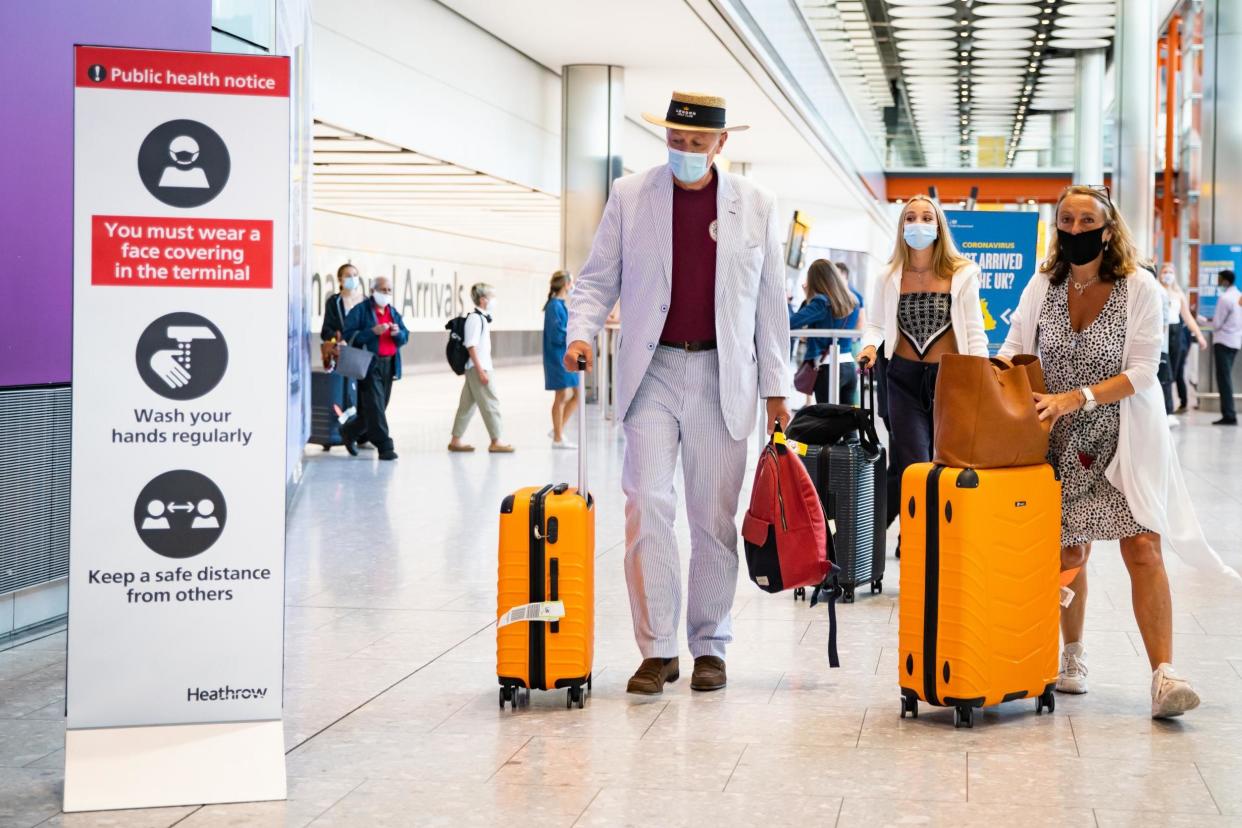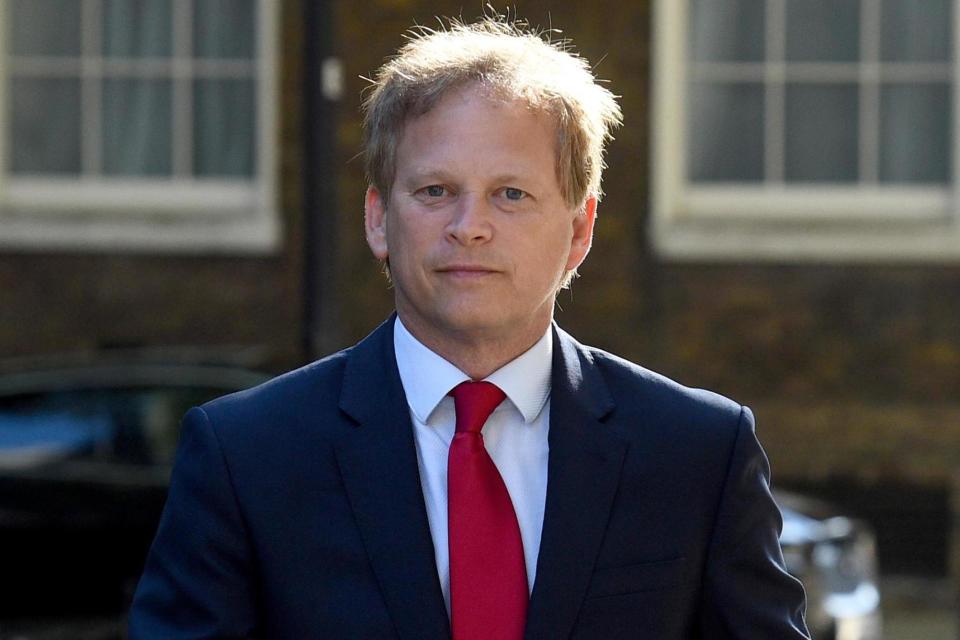Grant Shapps warns British holidaymakers quarantine list will continue to change 'very quickly'

Grant Shapps has warned British holidaymakers that quarantine rules could continue to change rapidly.
The transport secretary, who has removed Cuba and added Jamaica, the Czech Republic and Switzerland to the list of countries requiring a 14-day self-isolation period on return, told Sky News: "There is a travel corridor list and I think it contains probably still about 55, 60 countries. It changes every week - a country went on - Cuba went on - the list yesterday, or goes on at the weekend.
"So, they are there for a reason. However, when people travel at the moment when coronavirus is still a thing... just need to be aware that unfortunately things can change very quickly and, you know, if you go with your eyes open and you know that things can change, it won't then come as so much as of a surprise.
"Though as I say, sometimes countries just move very quickly."
Data also shows we can now add Cuba to those countries INCLUDED in Travel Corridors. As with all air bridge countries, please be aware that things can (and do sometimes) change quickly. Only travel if you are content to unexpectedly 14-day quarantine on return.
— Rt Hon Grant Shapps MP (@grantshapps)
Mr Shapps has issued a similar warning on Twitter, writing: "As with all air bridge countries, please be aware that things can (and do sometimes) change quickly. Only travel if you are content to unexpectedly 14-day quarantine on return."
Rapidly changing the countries on the “travel corridor” list means scenes of holidaymakers scrambling to get back to the UK ahead of a quarantine deadline, many paying high prices for any available flights and trains, is likely to become a regular occurrence.
Not obeying quarantine directives is punishable by fine, and is a criminal offence.
The two-week quarantine period has been criticised by travel industry leaders who have called for a more "nuanced" approach. They have accused the government of hampering the industry’s already tentative rebound from lockdown, as constantly changing the list of safe countries puts Britons off booking foreign holidays.
The UK system has also been accused of being an inadequate stand-in for a testing regime in place at airports, with follow-up by the NHS Test and Trace system. Germany has put in place testing facilities at major airports, and implemented regional rather than blanket quarantines for countries in some cases in order to minimise disruption.

Earlier this month an Office for National Statistics (ONS) survey revealed just nine per cent of Brits think they are likely to go on a foreign holiday this year, with one in five already having cancelled plans.
The survey suggested the UK Government list of countries requiring two-week self-isolation on returning home is having an impact on travel plans.
The report found 62 per cent of adults were “very unlikely” to travel abroad on holiday if they had to self-isolate at home for two weeks on returning, with one in five adults already having cancelled travel plans abroad because of self-isolation rules.
Just one in 10 respondents said they would make travel plans with the knowledge that they would have to quarantine on return.
The findings contrast starkly with data from the Association of British Travel Agents (ABTA) for 2019, which suggested that 64 per cent of British people took a foreign holiday in 2019 and 72 per cent went on holiday within the UK.

The Transport Secretary made the comments on Friday morning (PA)
Mr Shapps has defended the government’s position on quarantine.
He said: "The decision on whether to add or remove a country is carefully made after research from the Joint Biosecurity Centre.
"A lead indicator is 20 cases per 100k over seven days but they take into account a wide range of factors, including level, rate & speed of change in confirmed cases."
The Department for Transport has said the Government “is urging employers to be understanding of those returning from these destinations who now will need to self-isolate”.

 Yahoo News
Yahoo News 
